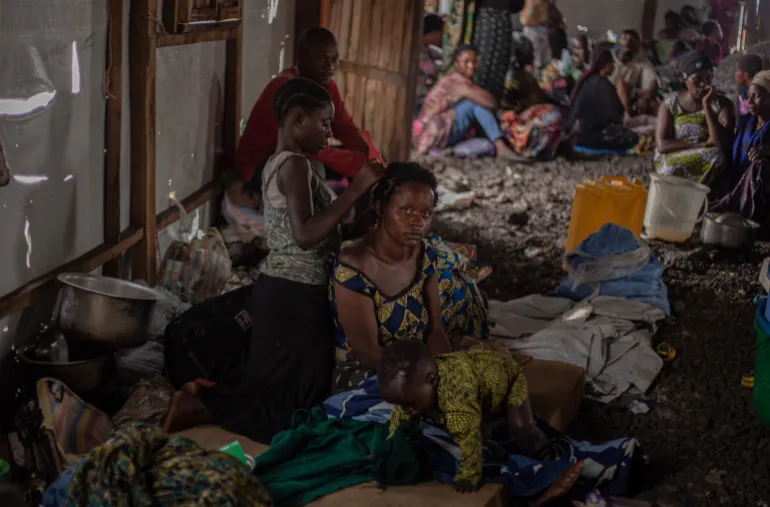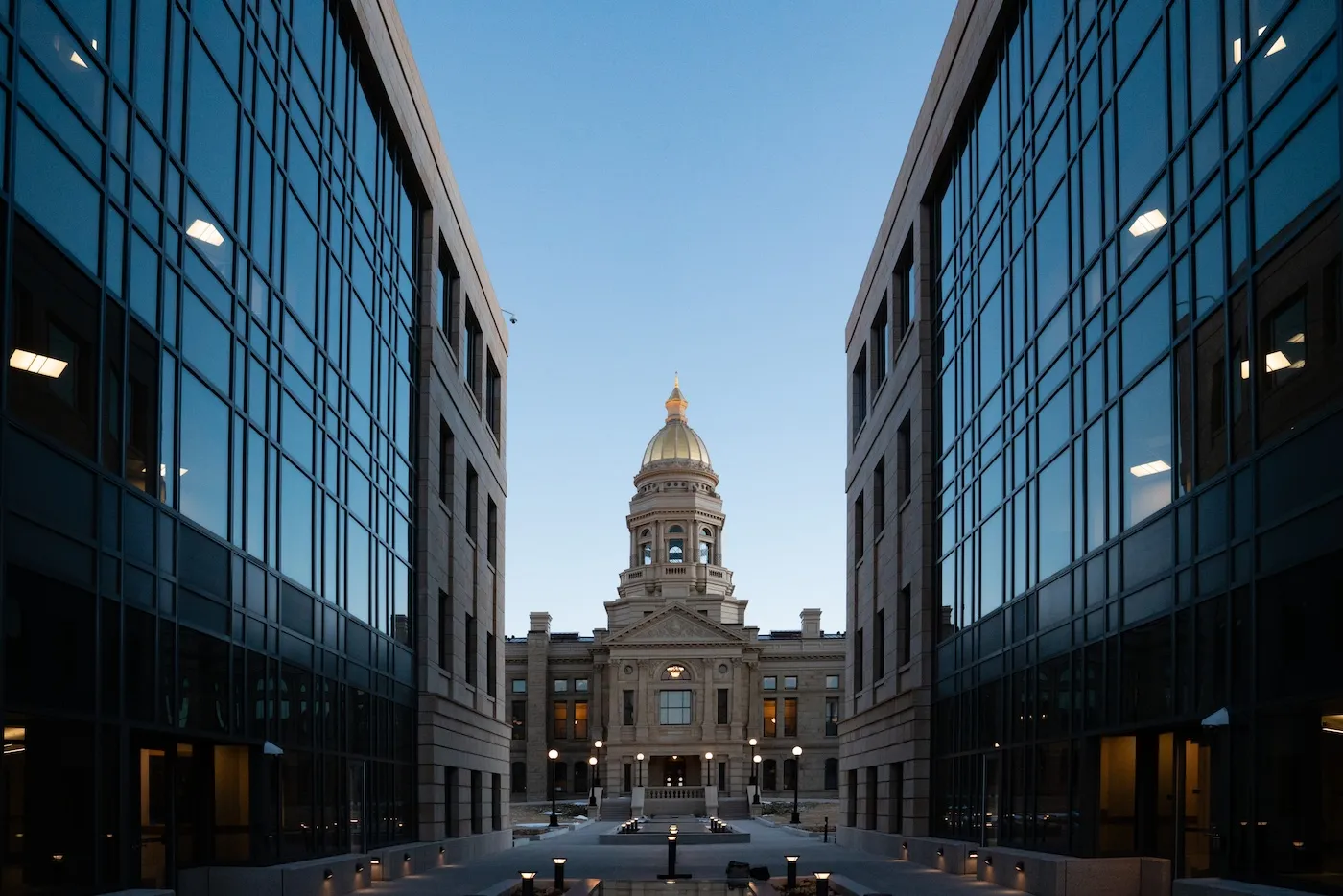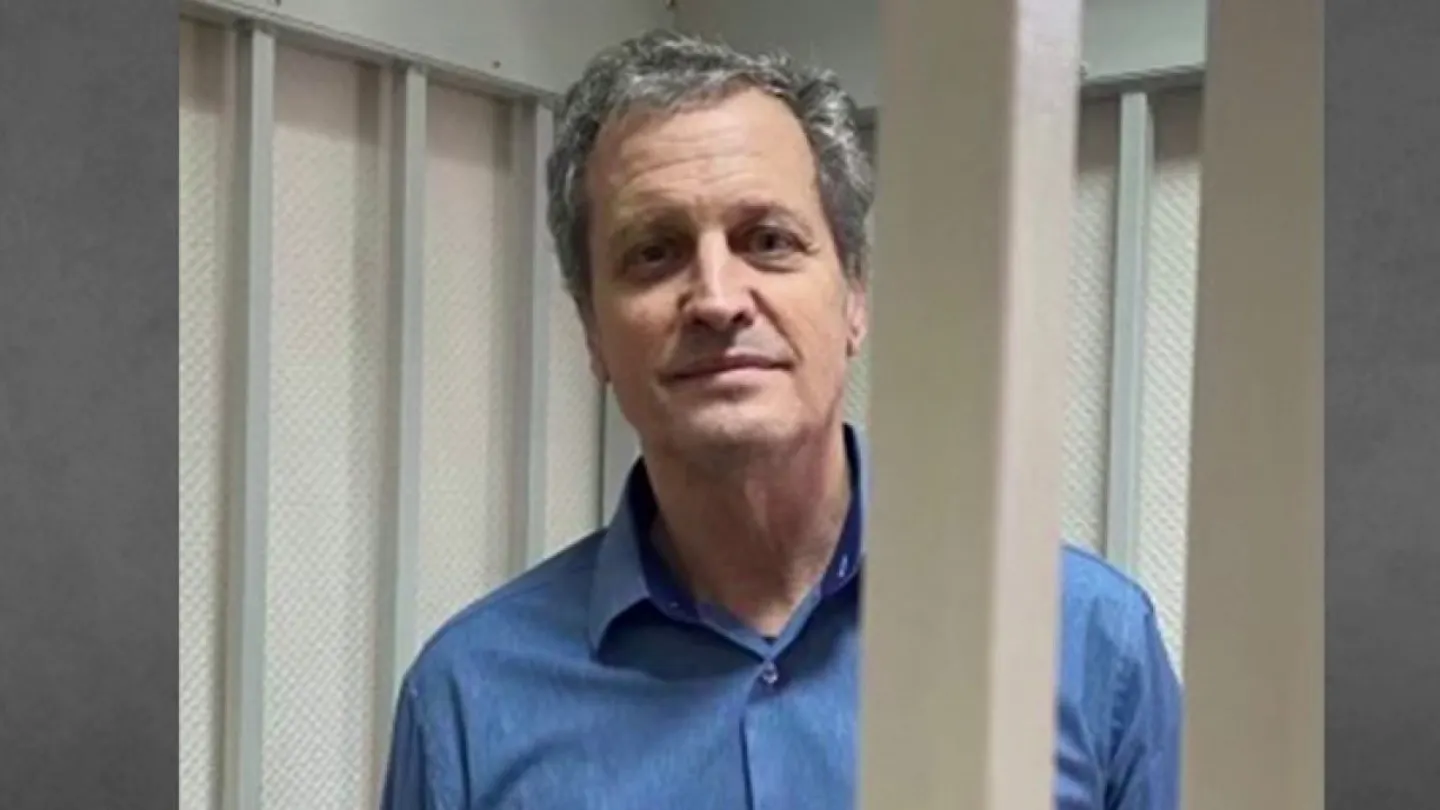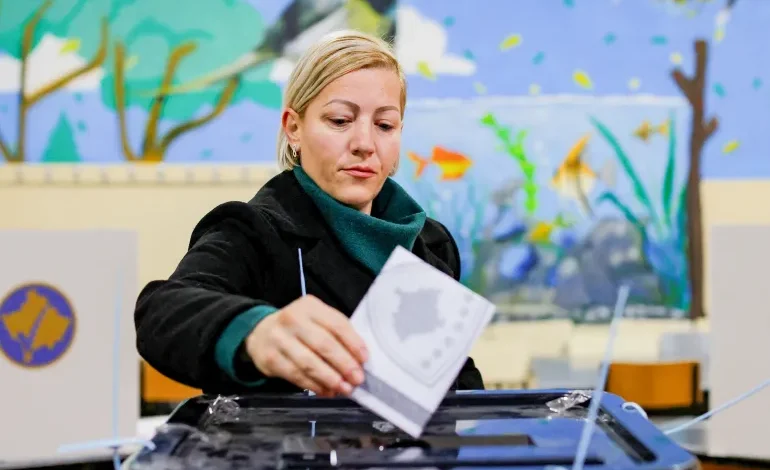Prime Minister Albin Kurti declared victory in Kosovo’s parliamentary election held on Sunday, but the results indicate he will need to form a coalition government to maintain power, Al Jazeera reports.
Preliminary results released late Sunday night show Kurti’s leftist Vetevendosje (Self-Determination Movement) party leading with 41.99 percent of the vote.
The election was widely considered a referendum on Kurti’s leadership, particularly his often strained relationship with Western allies over the crucial issue of relations with neighboring Serbia.
With 73 percent of votes counted, the opposition Democratic Party of Kosovo (PDK) is projected to secure second place with 22.68 percent of the vote, followed by the Democratic League of Kosovo (LDK) with 17.9 percent.
These results necessitate coalition building, a scenario Kurti had previously seemed to dismiss, although he has since appeared to soften his stance.
Kosovars went to the polls on Sunday to elect a new parliament and cabinet, focusing on issues ranging from the economy and corruption to the long-standing and critical matter of relations with Serbia. This marks the ninth parliamentary vote since the end of the 1998-99 war that led to the expulsion of Serbian forces from what is now the self-declared republic of Kosovo.
The election will determine the composition of the 120-member assembly and, crucially, who will lead Kosovo’s stalled negotiations on normalizing ties with Belgrade. Vetevendosje, which has advocated for dismantling remaining Serbian institutions in Kosovo, must now seek cooperation with other parties to form a government.
Competing for power are the PDK, whose leaders face war crimes accusations at The Hague tribunal, and the LDK, Kosovo’s oldest party. The Alliance for Kosovo’s Future, led by former Prime Minister Ramush Haradinaj, secured 7.5 percent of the vote.
Opposition parties campaigned on promises of increased public sector salaries and pensions, improvements to education and healthcare services, and a stronger fight against poverty.
Kosovo, a nation of 1.6 million people, remains one of the poorest countries in Europe, with an annual gross domestic product of less than 6,000 euros ($6,200) per person.
Kurti, whose government is the first in Kosovo’s history to complete a full term, has presided over a period marked by persistent unrest between Serbs and ethnic Albanians. Tensions have been exacerbated by the near collapse of EU and US-backed negotiations between Kosovo and Serbia in March 2023.
Following the breakdown in talks, NATO peacekeepers were attacked by rioting Serbs, a deadly armed standoff in the north further fueled regional tensions, and an explosion targeting a canal vital to Kosovo’s power plants late last year was blamed by Kurti on Belgrade.
Kurti’s administration has also faced criticism from Western powers for controversial measures such as a ban on the use of the Serbian dinar and transfers from Serbia to Kosovo’s ethnic Serb minority, who rely on Belgrade for social services and payments.
The US, the EU, and the NATO-led KFOR peacekeeping force have repeatedly urged Pristina to avoid unilateral actions, fearing a resurgence of interethnic conflict.
While Kurti enjoys a strong base of support, his opponents have criticized his leadership for the deteriorating relationship with the US and the EU.
To ensure a secure election, KFOR has increased its presence in Kosovo, adding more forces. A team of 100 observers from the EU, 18 from the Council of Europe, and some 1,600 observers from international and local organizations are monitoring the vote. T








